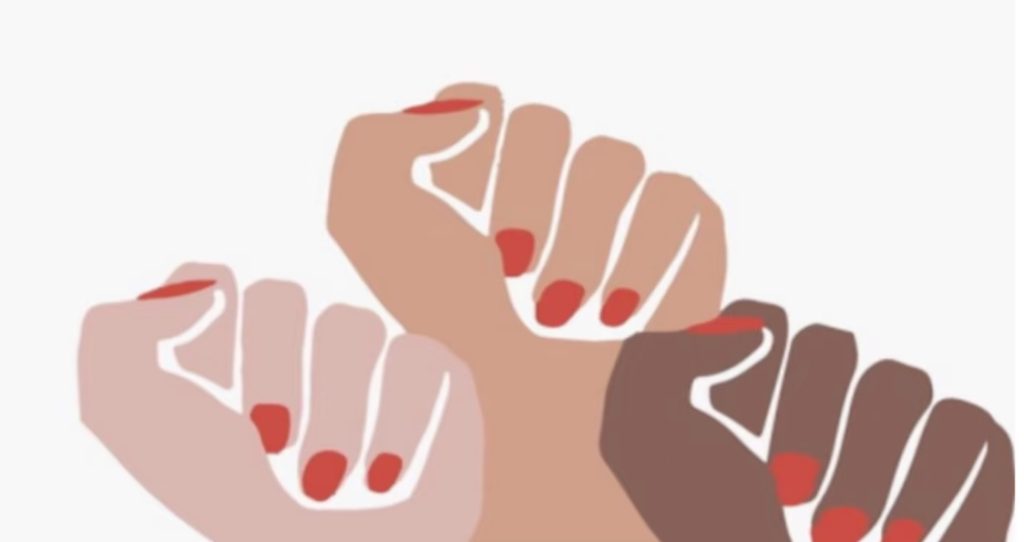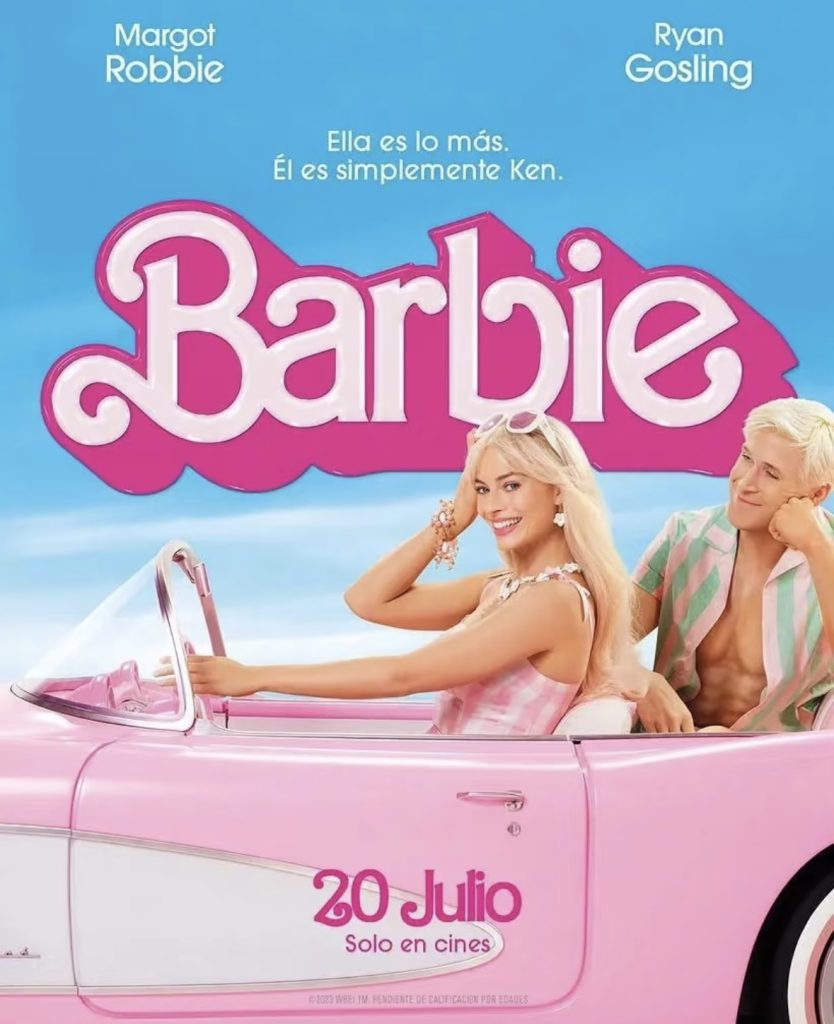
When we look into the mirror, we see more than just our reflection. We see society’s expectations of what it means to be “beautiful”. These expectations are not random-they are shaped by the intertwined forces of the Male Gaze and Beauty Duty.
The Male Gaze
First brought up by feminists film critic Laura Mulvey in her seminal essay Visual Pleasure and Narrative Cinema (1975), the male gaze refers to how women are framed in media as objects of male desire. Weather it’s a blockbuster or a shampoo ad, women are often portrayed through a voyeuristic view that prioritize male pleasure over female autonomy.
Mulvey argues that this gaze not only sexualizes women but also positions them as passive recipients of action and attention. In her words, “Women are simultaneously looked at and displayed, with their appearance coded for strong visual and erotic impact” (Mulvey, 1975). They always want women look seductive, but not too powerful.
Beauty Duty
Agree or not, beauty duty is actually the tax women pay for existing. Entering the concept of it, it’s a societal expectations that women must always strive to look “attractive”. Naomi Wolf in The Beauty Myth (1990) argues that beauty standards are a form of social control.
“The more legal and material hindrances women have broken through, the more strictly and heavily-and cruelly-images of female beauty have come to weigh upon us”
Naomi Wolf
Beauty duty demands that women invest time, money and energy into meeting an ever-shifting aesthetic ideal. But here’s the problem: these standards are often set by male-dominated Industries that earns profit from female insecurities.
The Emotional Toll
The male gaze and beauty duty aren’t just reflect our appearance, they seep into our self-esteem and mental health. Study have shown that exposure to idealized beauty standard correlates with increased anxiety and body dissatisfaction (Grade, Ward and Hyde, 2008). This psychological weight disproportionately burdens women, leading to a cycle of guilt and relentless self-improvement.
But resistance are growing, women are now redefining “Beauty” in their own language. Think of the movie Barbie from Greta Gerwig (2023), which subverts traditional gender norms and critiques the beauty industry. As Gerwig said in Vanity Fair Interview (Jones, 2023): “The idea of what is beautiful is not static-it evolves as we evolve”.

Conclusion
Living in a world that obsessed with perfection, refuse to play by the rules is a revolutionary act. After all, true empowerment lies in seeing ourselves not as objects. Women owe no one an explanation for how they choose to exist.
Reference:
Grabe, S., Ward, L.M. and Hyde, J.S. (2008) ‘The Role of the Media in Body Image Concerns Among Women: A Meta-Analysis of Experiments and Correlational Studies’, Psychological bulletin, 134(3), pp. 460-476. Available at: https://doi.org/10.1037/0033-2909.134.3.460.
Jones, R. (2023), Radihika Jones on Greta Gerwig and the Year of Batbie. Vanity Fair
Mulvey, L. (1975). Visual Pleasure and Narrative Cinema.
Wolf, N. (1990) The beauty myth. London: Chatto and Windus.


I really especially appreciate this blog of yours.Society is really demanding more and more from women.You need to have the perfect body, you need hairless armpits, you need exquisite makeup, you need to have beautiful feet, you can’t swear, you need to be gentle, you need to be reasonable. But who dictated that women have to be like that. Women do not exist to please men or to satisfy some men’s strange fetishes. If a girl wants to be beautiful, it must be because of “herself”, not to please others.